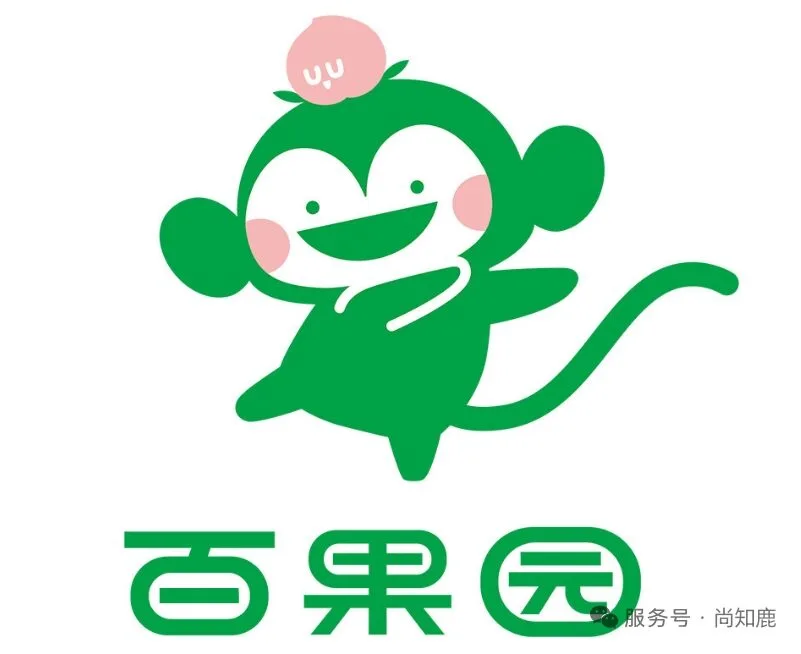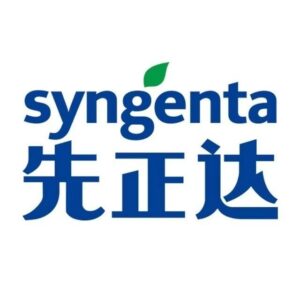On September 21, PAGODA, known as “China’s first listed fruit retail chain,” announced that it had signed an agreement with placing agents to issue 279.5 million new H shares at HK$1.17 per share, a discount of 19.31% to the previous closing price. The placement is expected to raise approximately HK$325 million (about RMB 298 million) in net proceeds.
Notably, the market responded positively to the announcement. The company’s stock price surged 20.69% the following day, closing at HK$1.75, reflecting investor support for the fundraising move. However, over 90% of the proceeds will be used for debt repayment: about 61.5% will pay trade payables, 30.8% will repay bank loans, and only 7.7% will be reserved for general working capital.
Industry analysts point out that such a financing arrangement highlights deeper operational challenges. The placement is essentially a passive move—diluting equity in exchange for cash flow relief—indicating weak self-sustaining capability and limited financial flexibility. The significant discount also suggests limited market confidence in the company’s valuation, especially amid a sluggish Hong Kong stock market.
PAGODA’s financial strain is closely tied to its deteriorating operational performance. In 2024, the company reported its first annual net loss since 2019, with a net loss attributable to shareholders of RMB 386 million. The situation worsened in the first half of 2025: revenue fell 21.8% year-on-year to RMB 4.376 billion, gross margin dropped sharply from 11.1% to 4.9%, and the net loss attributable to shareholders expanded by 486.5% to RMB 342 million—nearly matching the full-year loss of 2024.
Store numbers also contracted significantly. As of June 2025, the total number of stores decreased by 1,639 compared to the same period last year, falling to 4,386. While PAGODA described the closures as “strategic optimization” aimed at shutting down poorly performing stores with high rental costs, industry insiders view it as a sign of pressure on the franchise model and declining single-store profitability.
Recently, PAGODA also drew public attention when Chairman Yu Huiyong stated that the company would “educate consumers to become mature” rather than “cater to consumers.” This remark sparked controversy, with critics calling it out of touch amid an economic downturn. While the fruit retail sector has shifted toward high cost-effectiveness, PAGODA continues to maintain a premium pricing strategy without fundamental cost reductions in its supply chain.
Analysts suggest that PAGODA faces structural challenges. Its premium positioning appears misaligned with current consumer preferences, and while large-scale store closures may reduce costs in the short term, they also imply reduced market coverage and weakened brand influence. If the efficiency and sales per square meter of remaining stores do not improve, economies of scale will further erode.
This may mark the beginning of a deeper adjustment phase. As competition in the fresh retail sector intensifies and consumers prioritize value, PAGODA will need to rethink its business model and market positioning, seeking a new balance between quality and affordability.









